‘We have to continue living’: Tel Aviv locals keep calm and carry on after night of fear
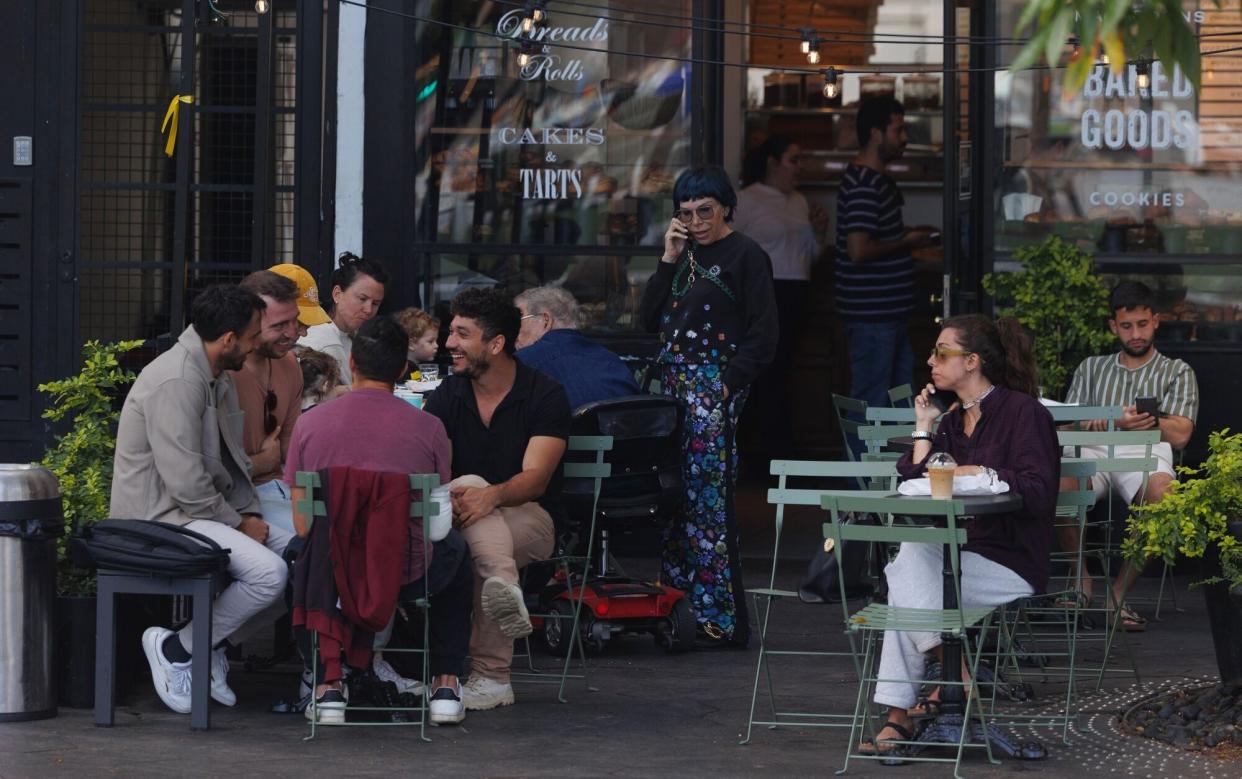
After a sleepless night for many, Tel Aviv’s coffee shops were bustling on Sunday morning as life returned to relative normality after the unprecedented Iranian bombardment.
While children were kept home from school, businesses were back to usual in the city which is more than familiar with war.
“What else can we do,” said Shira Cohen, speaking from Tel Aviv’s beachfront where she was doing her morning run. “Thank God it wasn’t more than this, but we have to continue living.”
As the sun shone and the skies were quiet once more after a night filled with the sound of buzzing from surveillance drones circling the city, children were again playing in the streets, happy to be off school for the spring break, many earlier than planned.
Mother of three, Efrat Azrieli, said: “We tell them what they need to know, they are Israeli and sadly have to get used to this life.”
“It’s not normal and not a life I would wish for any child but they have to understand what’s happening so we talk about it openly.”

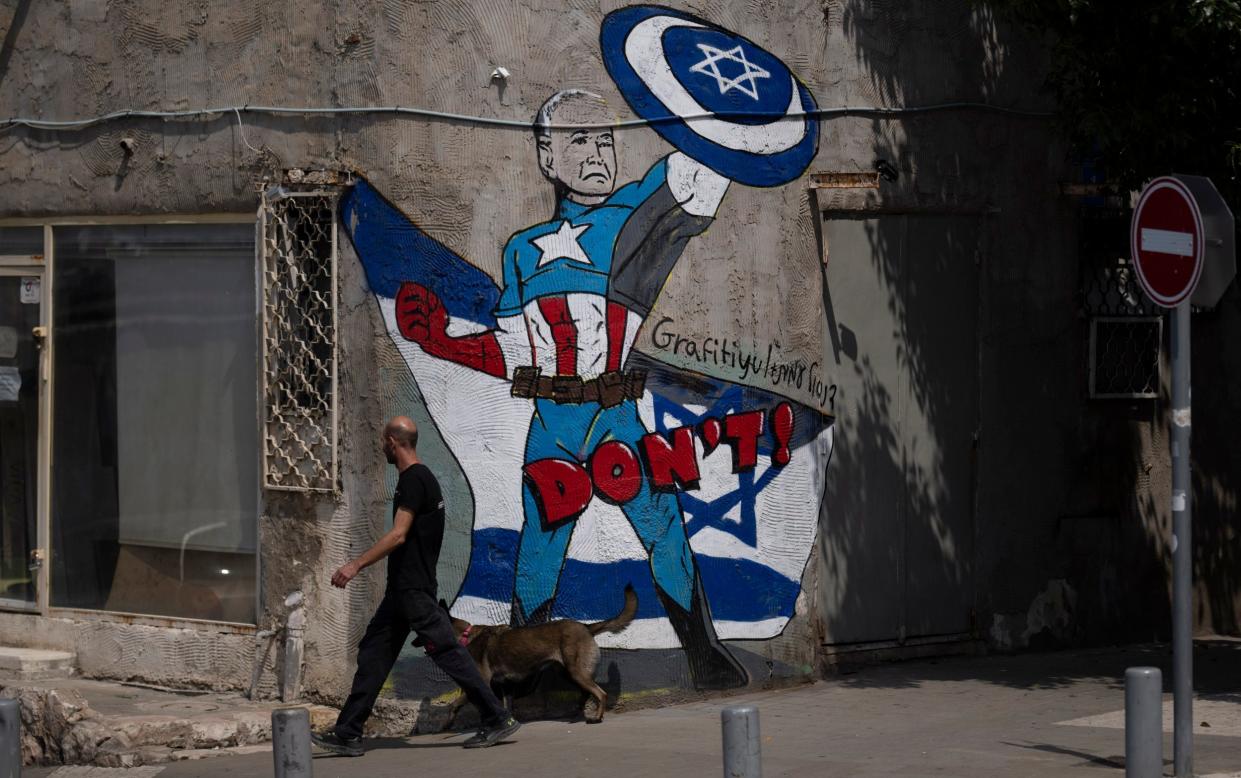
Mother Ruth Hirsch was up all night with her husband, watching things unfold, as her two children slept. “My daughter asked me why I got up so late today and I told her we had been up all night watching to see what was happening.
“She said we could have just gone to sleep and waited for the siren to wake us. I’m not sure whether to be relieved or disturbed by how unbothered she is and how normal this seems to her.”
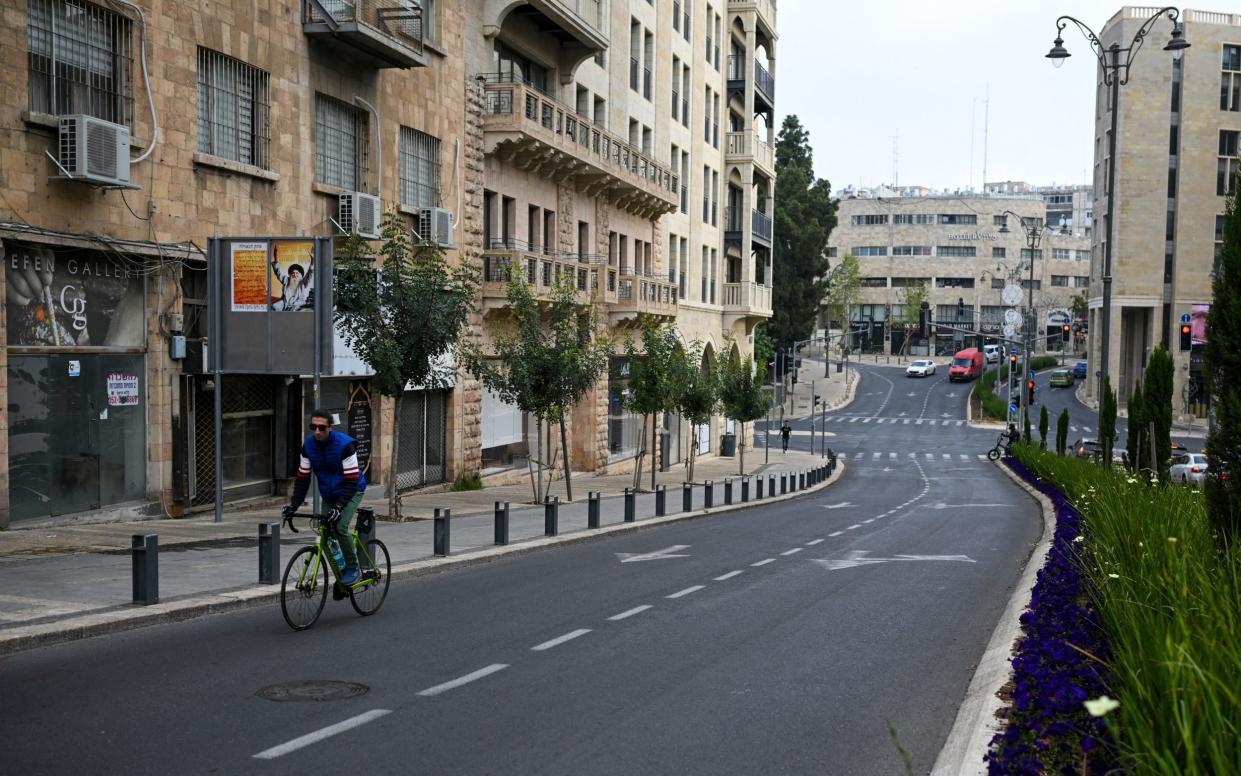
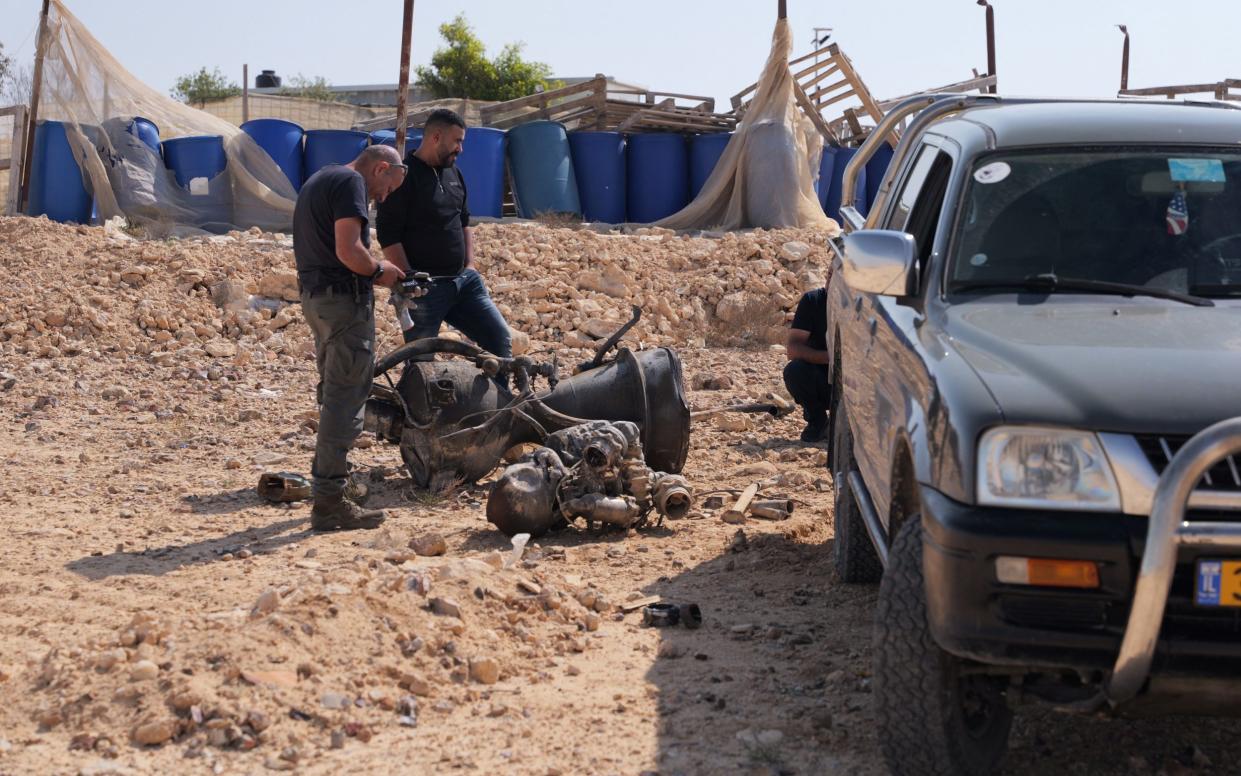
On Saturday evening, just hours before the bombardment began, the bars in Israel’s cities stayed open and football matches at the season end continued undisturbed to roaring crowds. Only at about 11pm Israel time did it dawn on people that a major attack was imminent.
In Israel’s capital, residents took cover as blasts rang out across the city and explosions lit the skyline red. Many stockpiled water and took shelter in bunkers and shops stayed open later so people could buy supplies.
Videos taken by residents showed drones and missiles being intercepted directly above the al-Aqsa mosque, on Temple Mount, one of the holiest sites for Muslims and Jews.

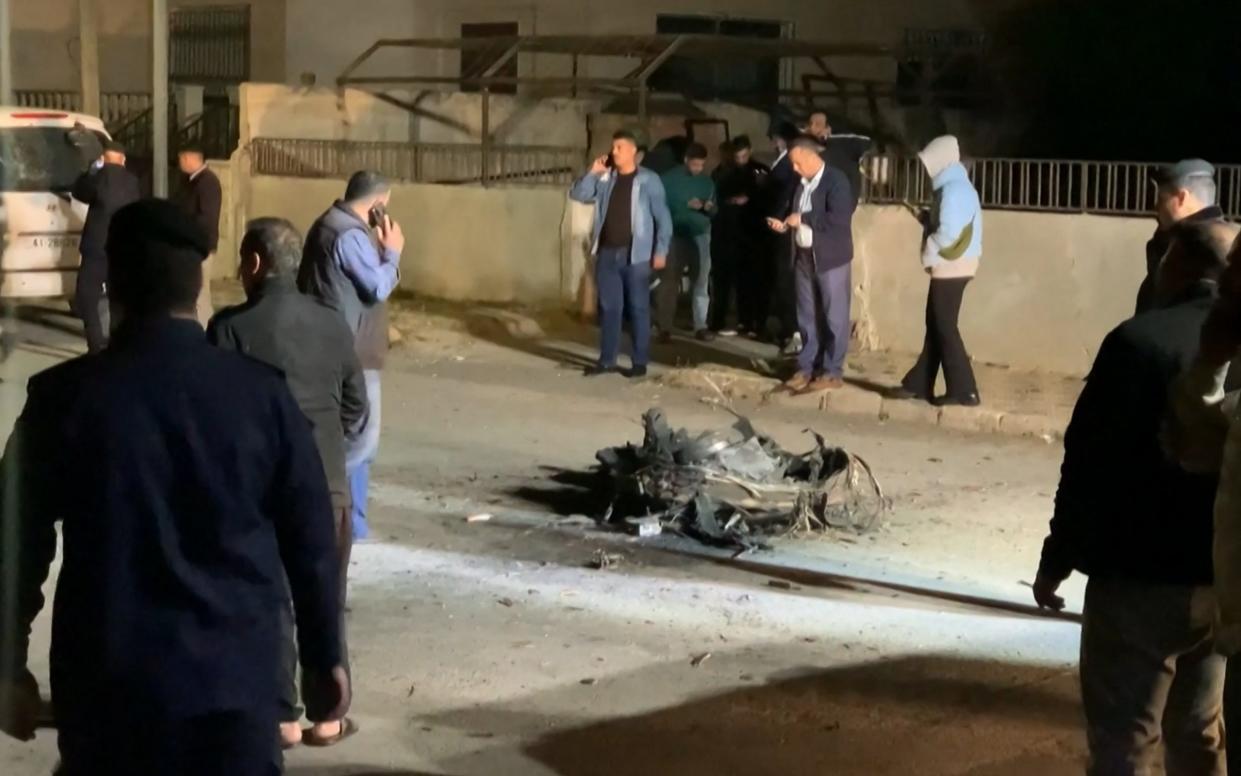
It was with a sigh of relief that Israelis got up Sunday morning to the news that 99 per cent out of 350 projectiles from Iran, the first ever direct attack on the Jewish state, had been intercepted by Israel and its allies, the US, UK, France and Jordan.
Ela Levi, a lawyer living in Tel Aviv, said: “We are used to wars with Hamas and Hezbollah but this was something new, something really unknown.”
“Last night made us much more nervous than usual but the IDF has done an amazing job and it’s a huge relief that we managed to repel the attacks in this way. After Oct 7, we are all feeling much more vulnerable than usual.”
Overnight, Israelis sat glued to the news as updates continued to flow in. In the Tel Aviv suburb of Ramat Gan, Ido Rahamim was one, hunkering down in front of the TV with his wife, ready to shift his family to the building’s bomb shelter should things turn out differently.
“We are used to war here, but this felt different, it felt like something we needed to be on alert for,” he said.
“We know the capabilities of Iran. We are lucky it wasn’t worse and we have been pleasantly surprised by the support of our allies, especially Jordan. The war in Gaza hasn’t been easy for us on the world stage but I think now, the world can see what we are fighting – a proxy war led by Iran.”
In Israel’s south, still reeling from the atrocities of Oct 7’s Hamas invasion, the night was more restless, sirens sounded in areas including the Dead Sea region, the Negev desert and Jerusalem.


